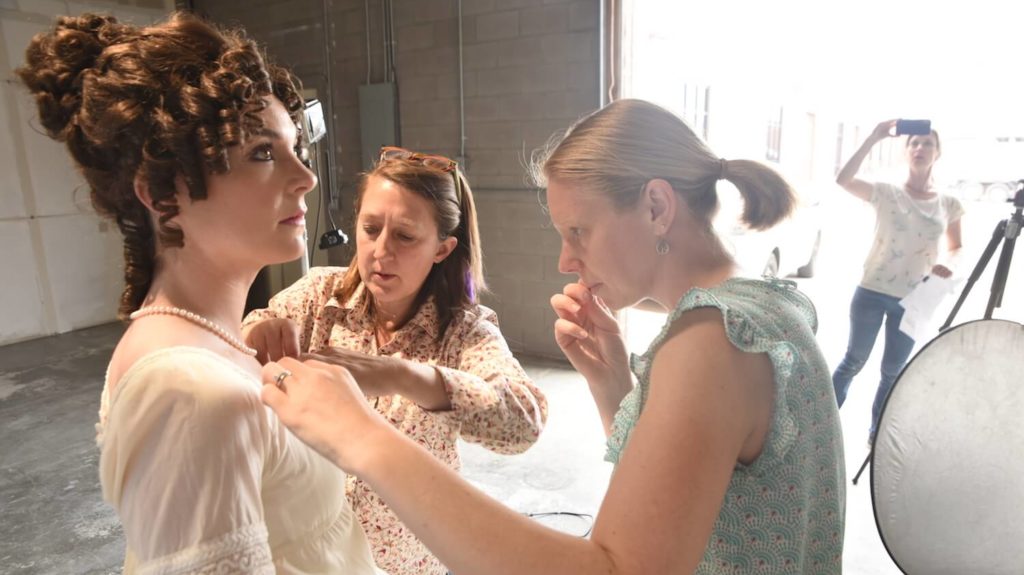
Dec. 2, 2021 – By Rebecca Remaly, BETC Managing Director
Theatres have long depended on individual artists’ passions and sacrifices to keep organizational expenses down. This certainly does not come as a shock to anyone in the arts. How many of us have worked for “a share of the profits,” or been told we should “feel lucky to have a gig,” or told ourselves that someday things will “pay off when we’ve made it?”
Those of us who are in arts administration and leadership know this as well. After all, we assemble the budget. We very carefully determine what is needed to keep the lights on, mount our productions, and sell tickets. When it comes to employee compensation, somehow, that dollar amount is one of the first items on the chopping block when balancing the budget. Maybe we can get away with just one crew member? What if we add performances without increasing wages? What if we have a non-union actor do props as well?
Asking our employees to do more for less is something that needs to stop. Let’s change the narrative. Non-profit organizations are still businesses. As such, we must adequately compensate the artists we employ, or talented people will leave this field for work that asks less of them and pays them more. We are hiring them to do a job. Might an artist be thrilled to have the opportunity to play a part or design a show? Sure, they might. That does not mean we should use that willingness to take advantage of them financially. We must compensate them equitably, we must facilitate a healthy work/life balance from staff to the director’s table, and if we are going to ask them to wear multiple hats, we must start asking them to do more for more.
Employee compensation is something we at BETC have taken seriously since our earliest days. Now, we commit to going even further.
Equitable pay, regardless of AEA union status
BETC is increasing our compensation to all cast and crew, ensuring that everyone is paid a minimum of $15/hour for their work on any given production. Additionally, non-union actors and stage managers will be paid the same wage as their AEA colleagues. Likewise, all other BETC employees—directors, administrative staff, designers, etc.—will also be paid a minimum of $15/hour for their work.
Moving to five-day rehearsal weeks
BETC has generally followed a theatrical tradition of six-day work weeks, with Monday as the day off. The reality is that most of our cast and crew never really get a day off, as many of us are working other jobs than BETC. Therefore, we are moving to a five-day rehearsal week schedule, ensuring that the cast and crew have both a weekend day and a weekday completely off from BETC.
No more 10 out of 12 days
During the final weekend of rehearsals before opening, the industry standard is for the cast to work for twelve hours with a two-hour break. Not only is this an exhausting schedule for the cast, but for the crew, designers, and director, it is an even longer day as they work before and after the scheduled rehearsal. We are doing away with this practice at BETC and will limit our cast call to a maximum of eight hours in a single day. For some productions, BETC may decide to add an additional week of rehearsals, which is an additional week of employment and compensation.
Let’s face it: we are nothing without our employees. Now let’s start showing them.
